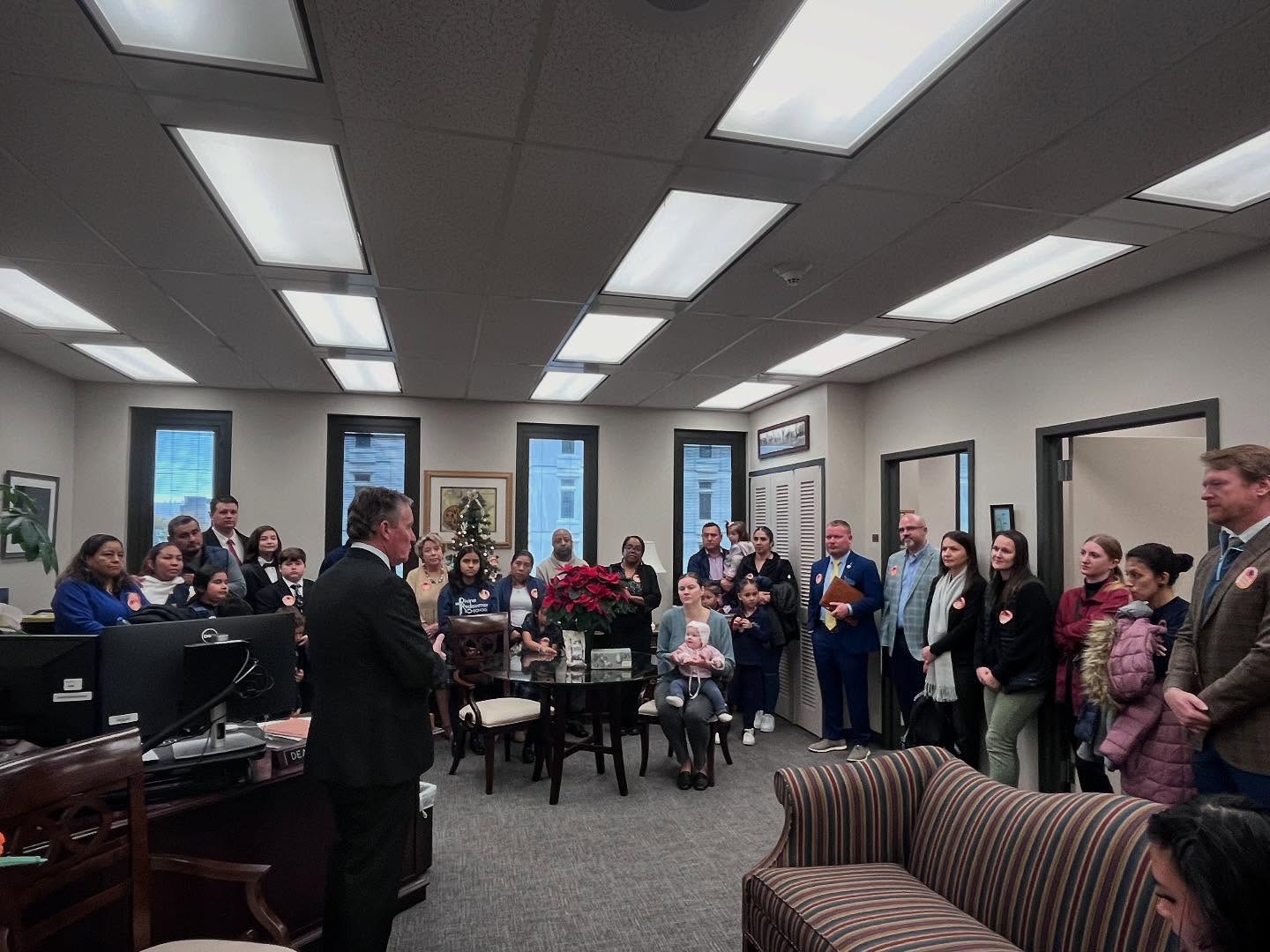The First Step to Save SC School Choice



FOR IMMEDIATE RELEASE Ravenel B. Curry III Donates $500,000 to Palmetto Promise Institute’s ESTF Families Rescue Fund COLUMBIA — Palmetto Promise Institute today announced a generous $500,000 donation from South Carolina native Ravenel B. Curry III to the ESTF Families Rescue Fund, a fund established to support families impacted by the recent SC Supreme Court

This article by Patrick Gleason originally ran in Forbes. North Carolina Governor Roy Cooper (D) and other opponents of expanded school choice celebrated the South Carolina Supreme Court’s September decision in Eidson et al. v. SC Department of Education et al, a ruling which blocked implementation of the state’s new Education Scholarship Trust Fund (ESTF), an education

In 1988, after considerable and impassioned debate, the South Carolina General Assembly passed the Comprehensive Health Education Act. This law was a step forward in ensuring that all students across the Palmetto State receive health education that is both age-appropriate and comprehensive. Walking a legislative tightrope, the new statute created a standard to guide their

This article by Jillian Schneider was originally published in The Lion. Just weeks after the South Carolina Supreme Court struck down school choice in the state, a conservative billionaire is coming to the rescue, at least through the end of this year. The South Carolina Supreme Court ruled the state’s Education Scholarship Trust Fund (ESTF)

This article by Nick Reynolds originally appeared in the Post and Courier. COLUMBIA — A conservative Pennsylvania billionaire will foot tuition costs for hundreds of private school students after South Carolina’s Supreme Court ruled a new school choice voucher program is unconstitutional. Jeffrey Yass, a political megadonor and longtime school choice advocate, is donating approximately $900,000 to cover

This article was originally published by WSPA. (WSPA) – Palmetto Promise Institue announced that a donor has offered to fund students impacted by the decision of the SC Supreme Court to disallow the usage of Education Scholarship Trust Fund (ESTF) funds only for tuition and fees at private schools. President & CEO Wendy Damron stated

This story by Lisa Buie originally appeared on Next Steps Blog. The big news: Yamilette Albertson Rodriguez could hardly contain her excitement. A Philadelphia billionaire whose name she had never heard before had donated $900,000 to cover tuition for her three kids and other students whose state scholarships had been ripped away by a South Carolina

FOR IMMEDIATE RELEASE Palmetto Promise Institute Announces ESA Family Rescue Fund for School Choice Families Donor will make ESTF families whole until December 31, 2024 COLUMBIA — Palmetto Promise Institute President & CEO Wendy Damron announced today that a generous donor has stepped forward to offer funding for private school students who were impacted by

Wednesday, September 11, 2024 was a day thousands of parents across South Carolina will never forget: the South Carolina Supreme Court ruled the Education Scholarship Trust Fund—the state’s fledgling ESA program—unconstitutional. Immediately, Palmetto Promise Institute took a stand and set out to share the stories of parents all over the state affected by this unjust